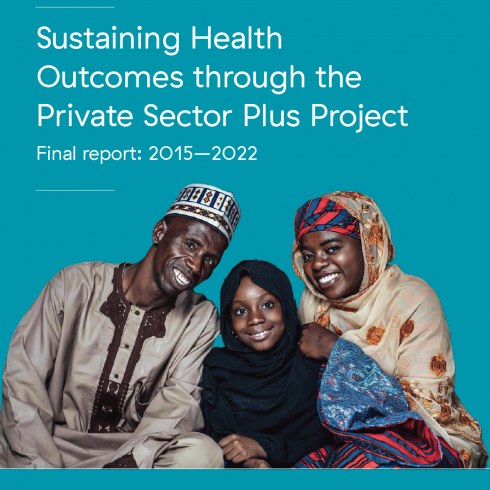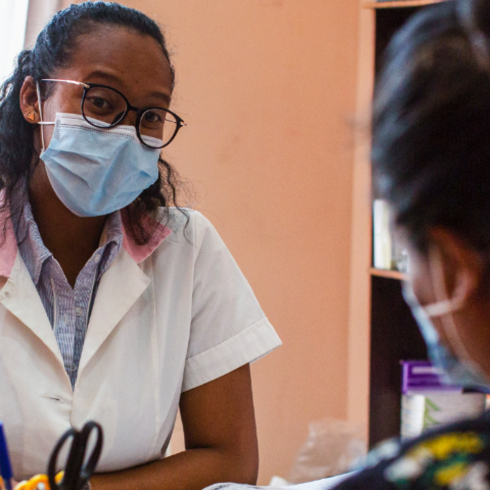Provider Quality
One of the most frequently cited concerns about working with private providers is ensuring the quality of care delivered due to a lack of supervision and training. In many countries, mechanisms for ensuring quality have primarily focused on the public sector. Less attention has focused on improving the quality of care provided by the private sector. One primary challenge is that the private sector does not have an inherent system through which regular clinical updates, supervision, and quality monitoring can be systematically shared or ensured. Private providers do not have the flexibility to leave their businesses for an extended period of time to attend trainings. Social franchising—where independent providers are networked—provides a platform for providers to access training and quality monitoring. However, only a small number of private providers belong to social franchises, leaving a large number without support or access to tools and methodologies to improve quality.
SHOPS Plus works with a broad range of stakeholders including midwives, doctors, pharmacists, nurses, and other professionals to develop strategies to improve quality of care. Approaches include:
- Developing innovative provider training methodologies that take into account private provider preferences and needs, including the use of technology
- Supporting professional associations to facilitate training and advocate for continuing medical education requirements
- Designing performance-based incentives that reward quality aspects such as service readiness
- Implementing and scaling supportive supervision initiatives in partnership with the public sector
- Expanding social franchises and networks as a means to establish systems for quality improvement, training, and supportive supervision
Example of our work
In Tanzania, SHOPS Plus works closely with government partners to strengthen the practical clinical skills of nursing and midwifery students studying at private medical training institutions. The project also contributes to the development and piloting of national nurse and midwife practicum guidelines in the private sector.
To date, the majority of private sector engagement activities seeking to address quality have focused on aggregating providers into associations, franchises, or other networks. However, a current challenge has been identifying and engaging formally registered private sector facilities and providers that operate outside these aggregating bodies, what we refer to as ‘non-networked’ providers. To address this knowledge gap, SHOPS Plus is conducting assessments to better understand this provider type. Specifically, SHOPS Plus is exploring how non-networked private providers are already engaged in quality assurance/quality improvement for family planning services, their motivations to initiate or expand QA/QI efforts, their needs and barriers, and opportunities around sustainable QA/QI interventions.
Countries: Madagascar, Nepal, Nigeria (Family Planning Quality, TB Facility Capacity, Maintaining FP Services), Senegal, Tanzania (Increasing Technical Skills, Strengthening ADDO)


 at that facility_credit-Festo Komba copy_hsi52tv2eq0giq5w3rf7th.jpg)




